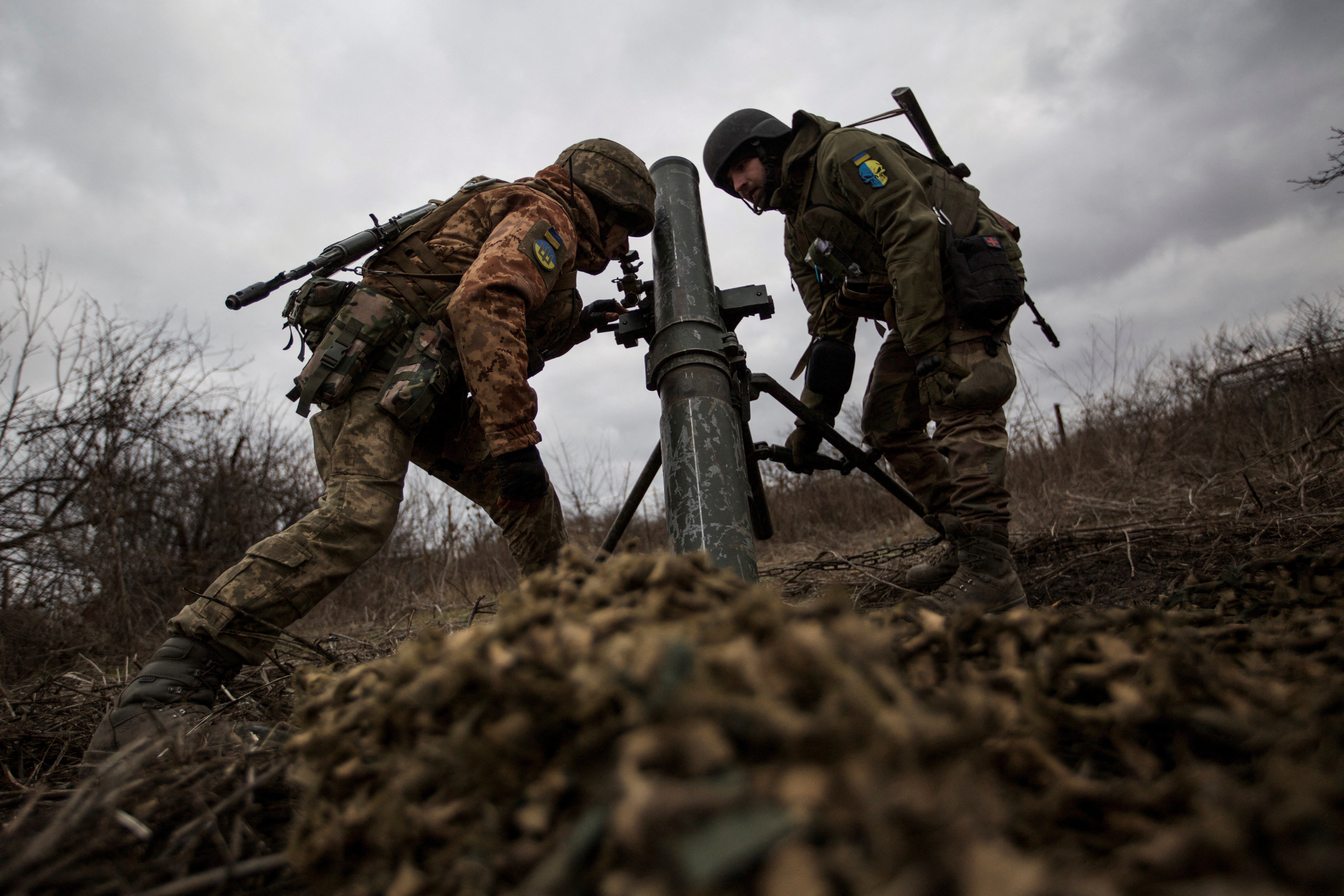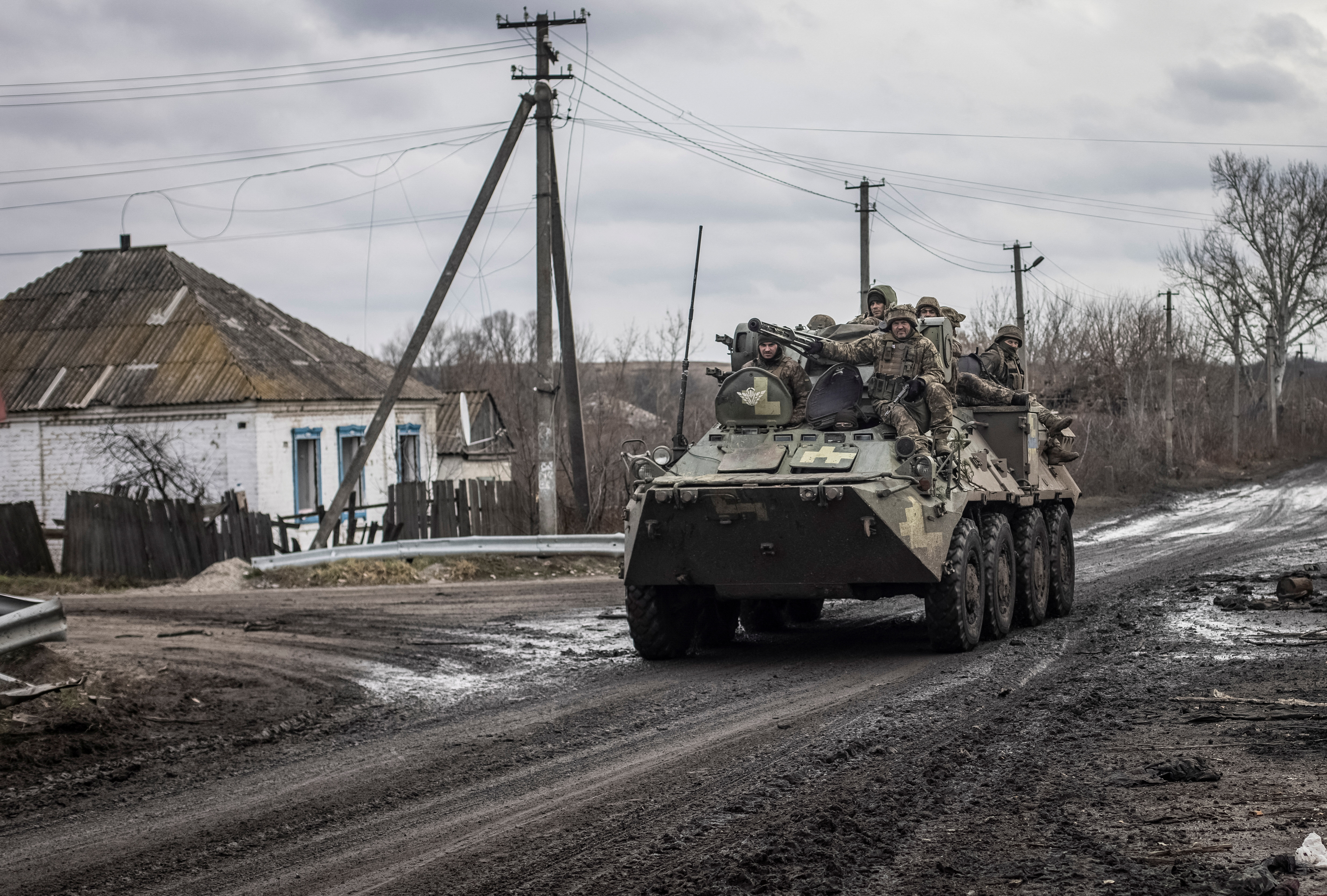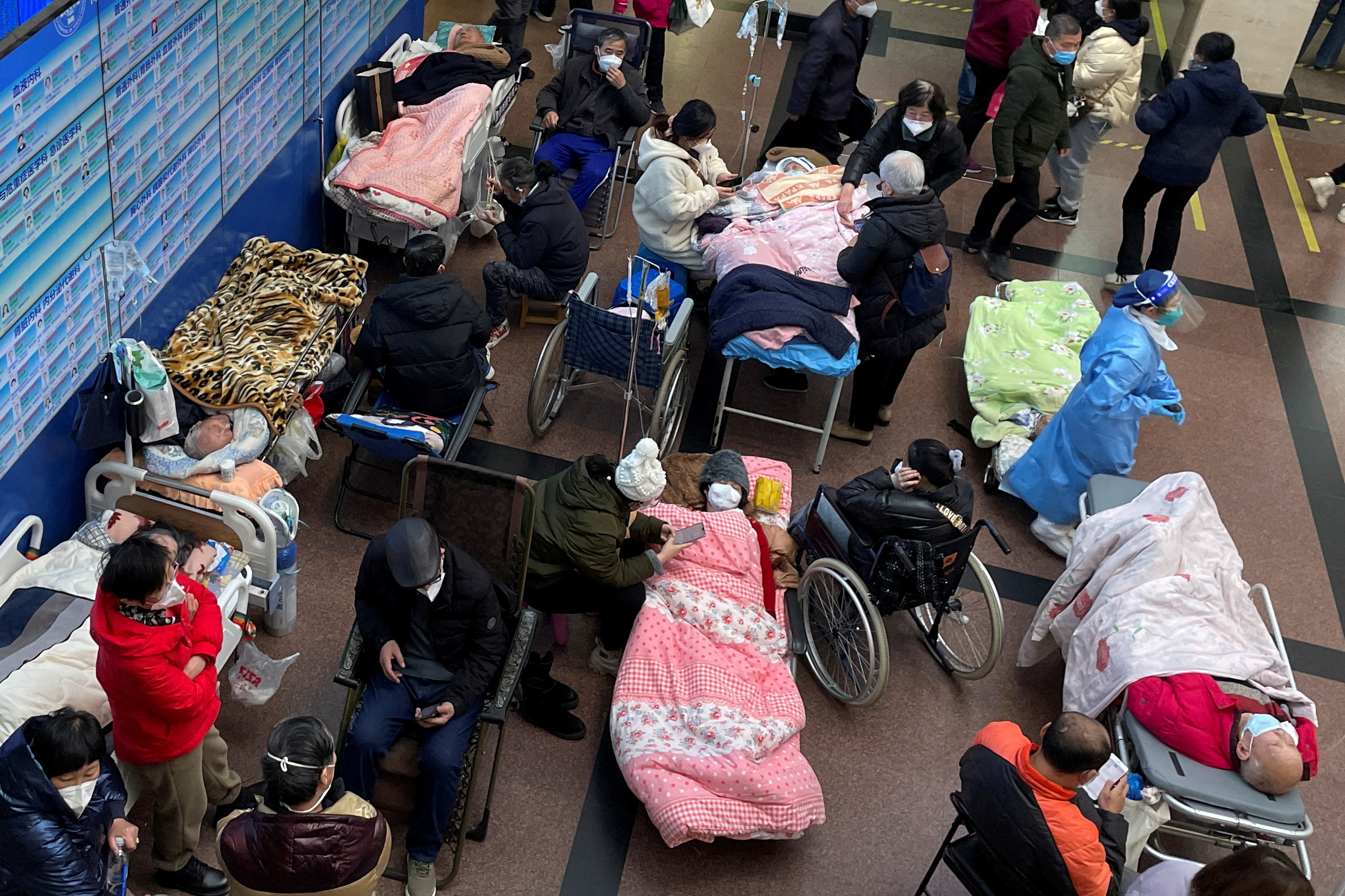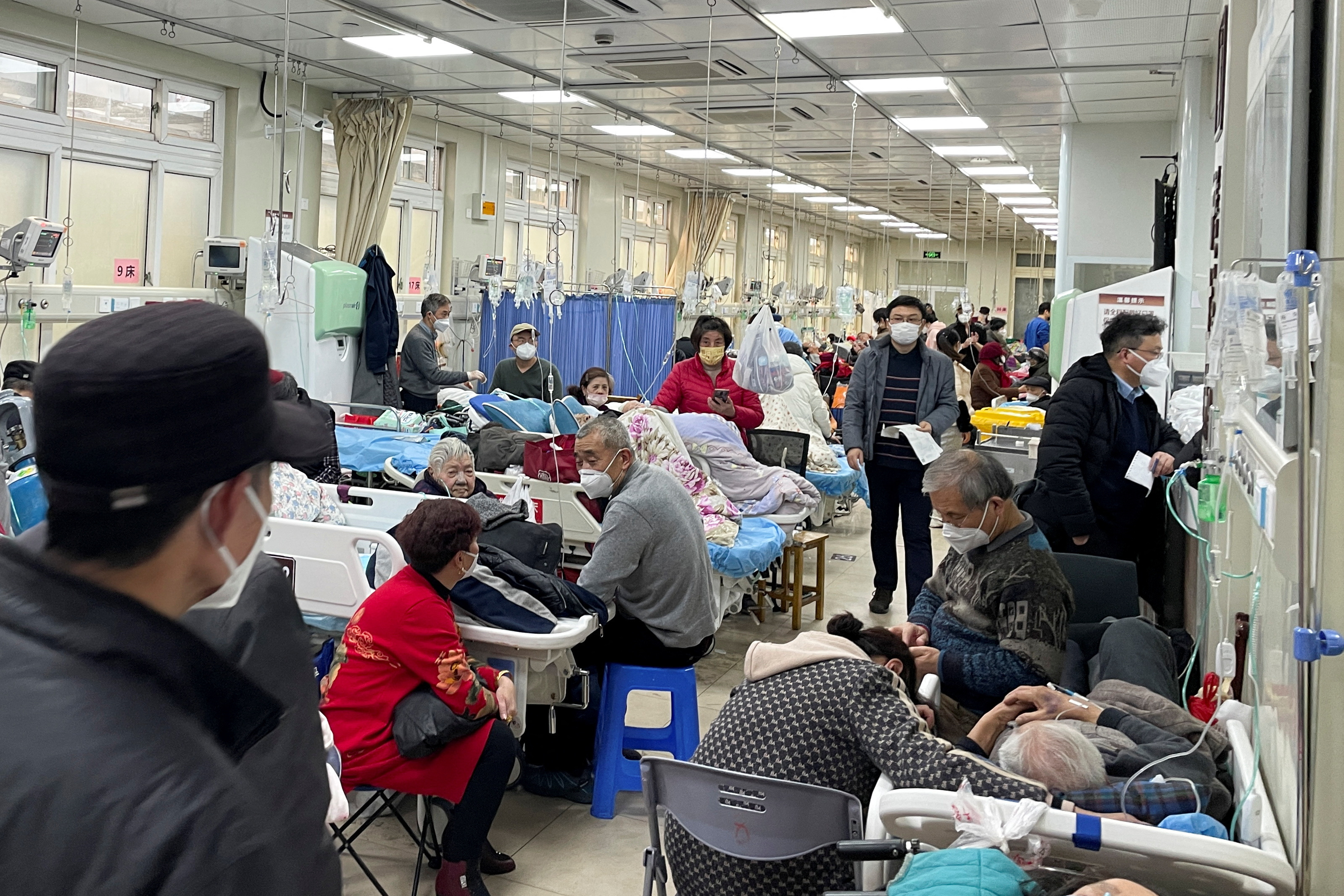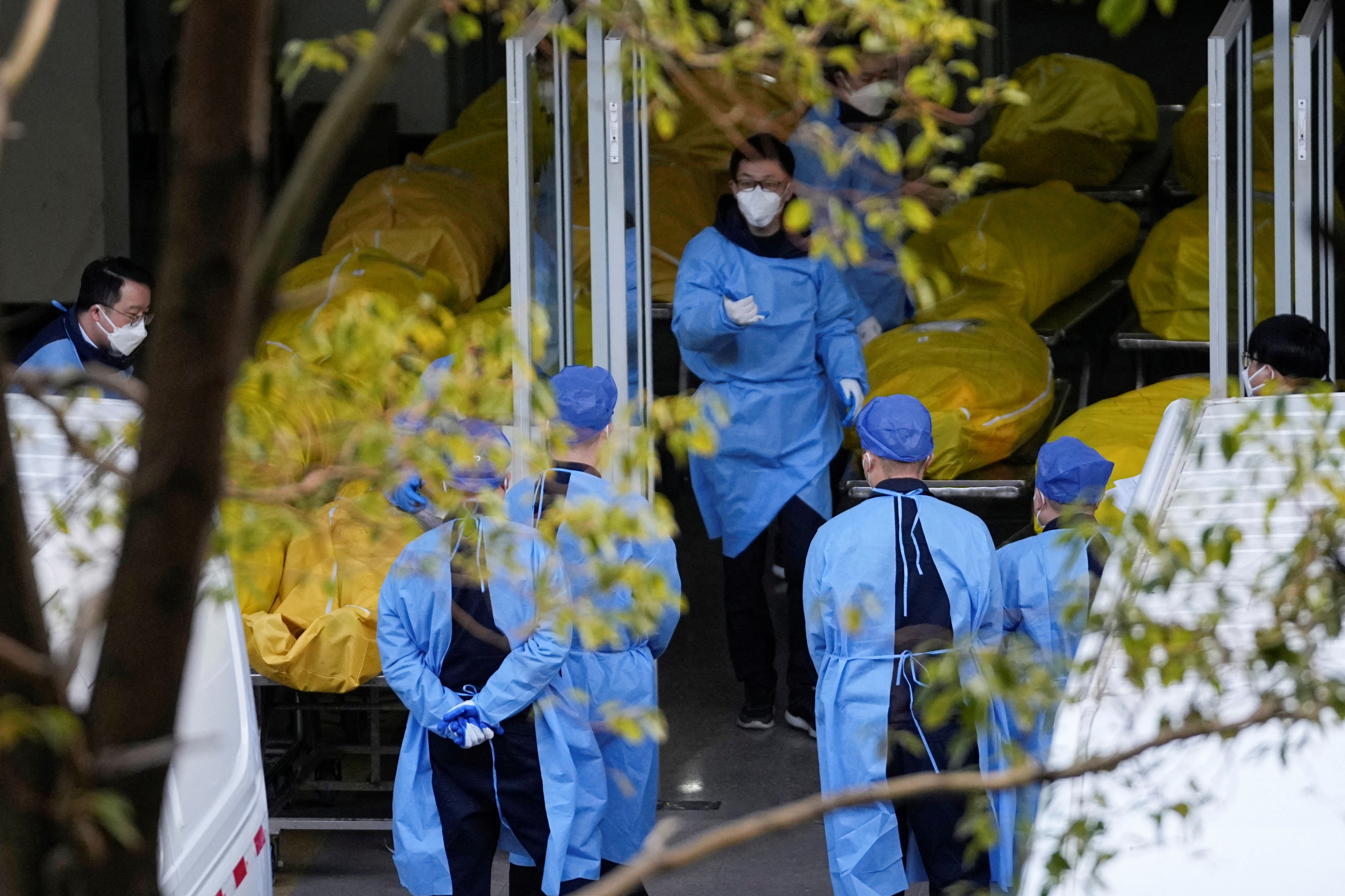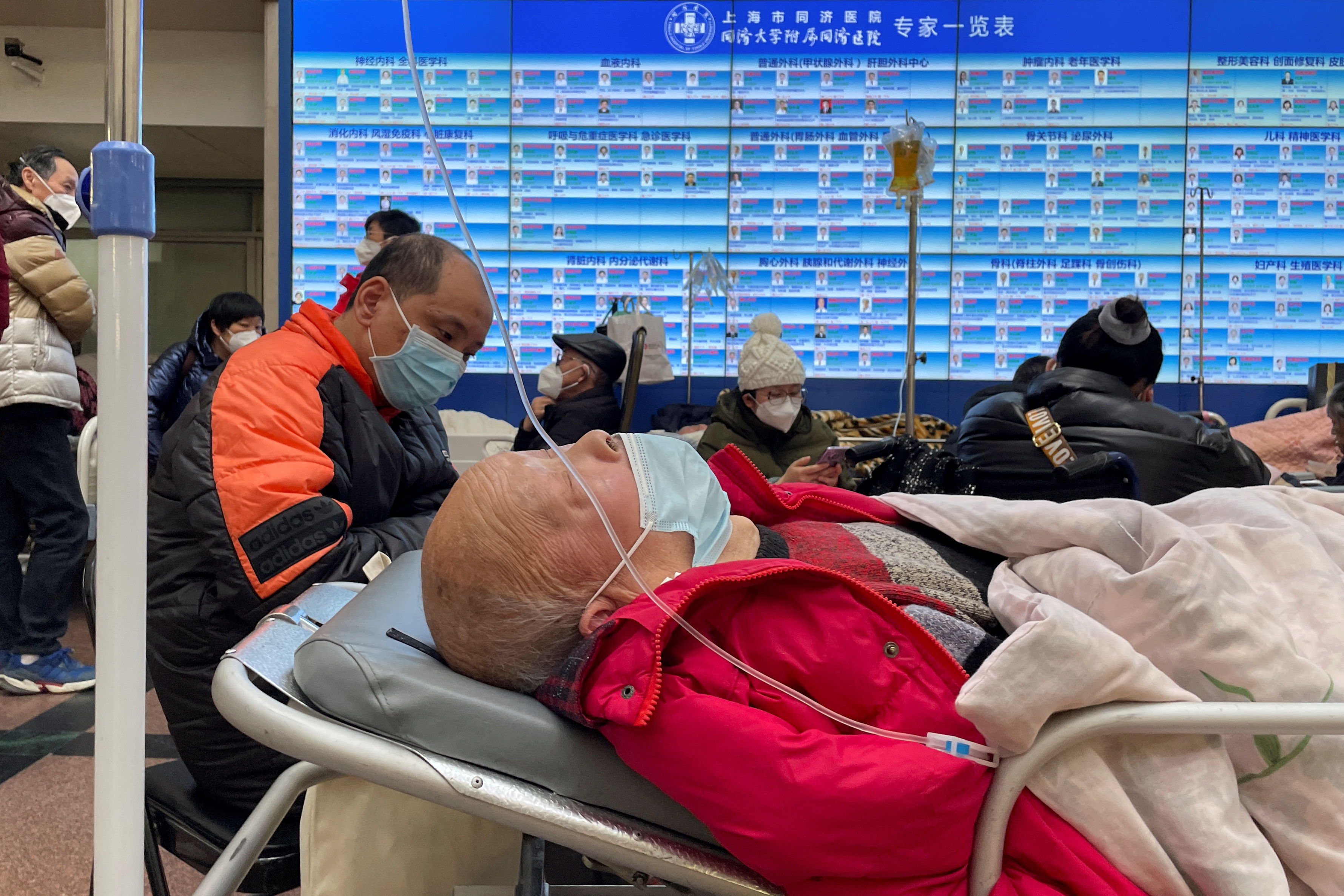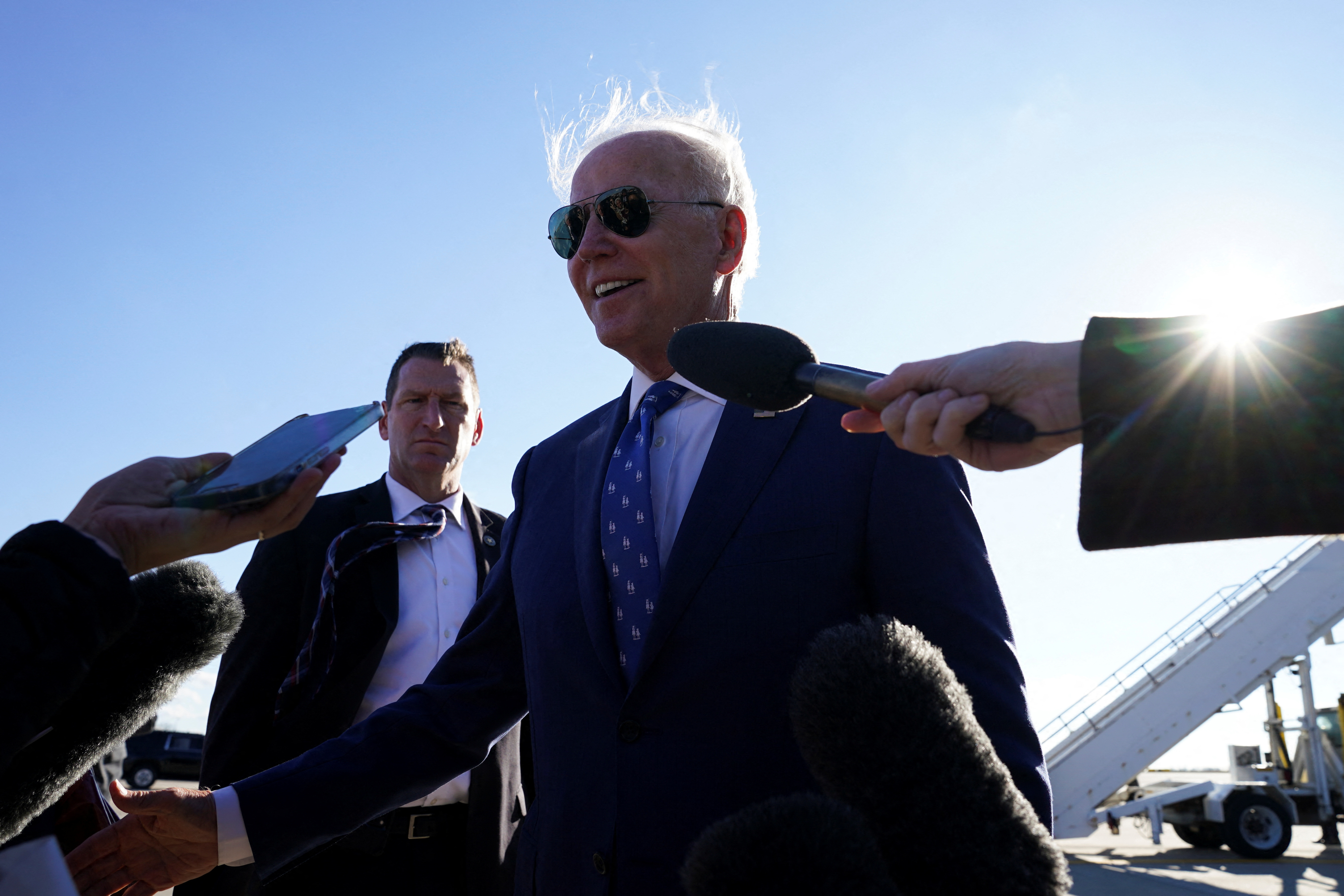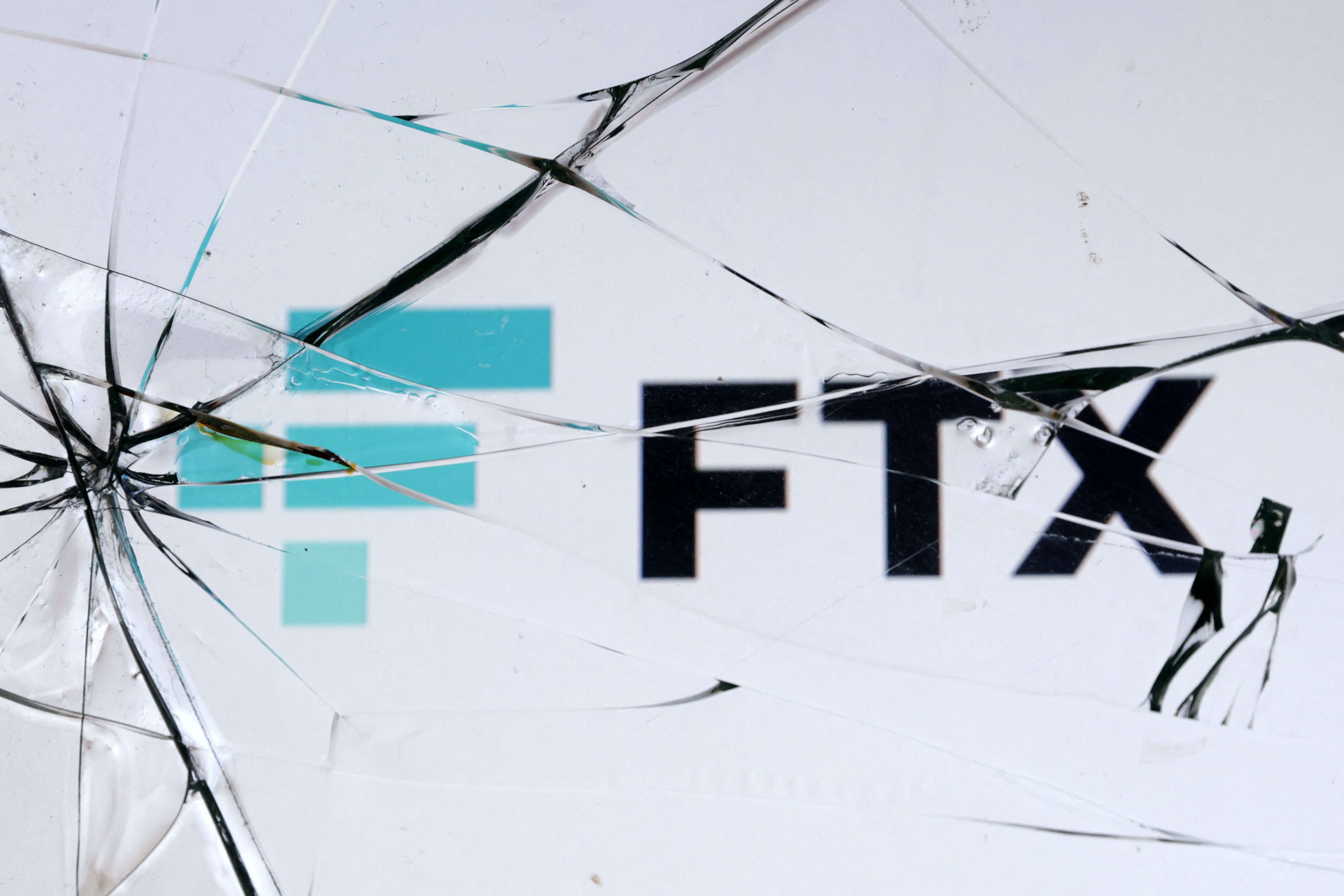In the aftermath of Team USA’s performance at the Qatar World Cup, American soccer fans had plenty to cheer. The young U.S. squad advanced out of a competitive group stage, capping off pool play with a thrilling, winner-takes-all 1-0 win over Iran. An earlier scoreless draw with England on Black Friday proved that the men’s team could hang with one of the world’s most talented soccer powers. Even after a disappointing 3-1 loss to the Netherlands in the round of 16, U.S. supporters could be forgiven for ramping up future expectations. With the core players on the team on track to hit their primes in 2026, when North America hosts the next World Cup, why not daydream about a much deeper run in four years?
[time-brightcove not-tgx=”true”]
Such magical thinking may have to be put on hold, for now.
A fresh crisis has gripped U.S. Soccer. And this controversy speaks to a most American of sports habits: invested parents irked about their kids’ playing time, working back channels to fix that precious issue. Only this time, instead of taking place on the sideline of a youth sports megaplex off the interstate, the complaints were filed with the highest soccer authorities in the country, during the biggest tournament in the world. The drama involves two dynastic families of American soccer—who were close friends for years but are now feuding in public—and it brings up disturbing allegations of past abuse, calling into question whether the coach who brought America back into the World Cup, Gregg Berhalter, is fit to lead the team going forward.
It’s also the kind of scandal that soccer’s elite nations across the world can scoff at—and cause them to fairly wonder: are the American men really ready to compete with the best, if pushy soccer parents are going to drain this much energy and attention?
Who’s Involved In This Mess?
The principals of this surreal saga include Berhalter, the U.S. men’s coach of the last four years, and his wife, Rosalind, who both played soccer at the University of North Carolina in the 1990s. Then, there are the Reynas: Claudio Reyna, Gregg Berhalter’s high school teammate in New Jersey and a four-time World Cup participant and team captain who was the best man at the Berhalters’ wedding, according to the U.S. National Soccer Team Players Association website. He’s the current sporting director of Major League Soccer’s Austin FC. Add to this his wife Danielle, Rosalind’s college roommate and soccer teammate, and their son Gio, 20, a promising member of the U.S. World Cup squad in Qatar, who plays regularly for Borussia Dortmund of Germany’s Bundesliga.
What’s The Beef?
At the World Cup, Gio Reyna did not receive as much playing time as many expected. He played just seven minutes in the group stage, and 45 minutes as a substitute against the Netherlands. Gio was held out of two games entirely. Three days after the Netherlands eliminated America from the tournament on Dec. 3, Berhalter appeared at a leadership conference in New York City. He told the audience:
In this last World Cup, we had a player that was clearly not meeting expectations on and off the field. One of 26 players, so it stood out. As a staff, we sat together for hours deliberating what we were going to do with this player. We were ready to book a plane ticket home, that’s how extreme it was. And what it came down to was, we’re going to have one more conversation with him, and part of the conversation was how we’re going to behave from here out. There aren’t going to be any more infractions.
But the other thing we said to him was, you’re going to have to apologize to the group, but it’s going to have to say why you’re apologizing. It’s going to have to go deeper than just ‘Guys, I’m sorry.’ And I prepped the leadership group with this. I said, ‘Okay, this guy’s going to apologize to you as a group, to the whole team.’ And what was fantastic in this whole thing is that after he apologized, they stood up one by one and said, ‘Listen, it hasn’t been good enough, You haven’t been meeting our expectations of a teammate and we want to see change.’ They really took ownership of that process. And from that day on there were no issues with this player.
Business website Charter published Berhalter’s comments, and on Dec. 11, The Athletic reported that Berhalter was talking about Gio Reyna. (In an editor’s note on Dec. 11, Charter said that Berhalter’s words, “were not meant to be public, but were erroneously greenlit for publication by someone representing the event organizers”).
The next day, on Instagram, Gio Reyna essentially confirmed that Berhalter was referring to him at the conference. “Just before the World Cup, Coach Berhalter told me that my role at the tournament would be very limited,” Reyna wrote. “I was devastated. I am someone who plays with pride and passion. Soccer is my life, and I believe in my abilities.”
“I am also a very emotional person,” he added, “and I fully acknowledge that I let my emotions get the best of me and affect my training and behavior for a few days after learning about my limited role. I apologized to my teammates and coach for this, and I was told I was forgiven.” In the post, he said that he was “disappointed” the matter did not stay “in house” as he had expected Berhalter to keep it.
The world learned, this week, that Claudio and Danielle Reyna did not appreciate Berhalter’s airing of the affair either.
Meet The Parents
On Tuesday, Gregg and Rosalind Berhalter co-signed a lengthy statement on Twitter. Gregg Berhalter’s contract expired at the end of December, and his status as U.S. coach was already under review. He said that someone contacted U.S. Soccer, alleging that they had information that would “take me down—an apparent effort to leverage something very personal from long ago to bring about the end of my relationship with U.S. Soccer.” The Berhalters went on to explain the incident in question.
In 1991, when they were at the University of North Carolina, “Rosalind and I had a heated argument” after drinking at a bar. “It became physical and I kicked her in the legs,” Gregg Berhalter admitted, saying he took responsibility for the incident. Both he and Rosalind told their families about it, and Gregg said he sought counseling. They rebuilt their relationship several months later, according to the statement. They’ve been married for 25 years and now have four children, whom were aware of the incident.
“It was a single, isolated event over three decades ago,” the statement concluded. “A single bad decision by a teenager does not necessarily define him for the rest of his life.”
Minutes later, U.S. Soccer released a statement that it had learned of the allegation against Berhalter on December 11, the same date that Berhalter’s comments about Gio went public, and that the federation had hired an independent law firm to conduct an investigation, which remains ongoing.
The statement also noted: “Through this process, U.S. Soccer has learned about potential inappropriate behavior towards multiple members of our staff by individuals outside of our organization. We take such behavior seriously and have expanded our investigation to include those allegations.”
Then, on Wednesday, Gio Reyna’s mother Danielle revealed that she talked about the incident with a U.S. Soccer official on Dec. 11. She also questioned the veracity of the Berhalters’ version of the 1991 events. “To set the record straight, I did call (U.S. Soccer sporting director) Earnie Stewart on December 11, just after the news broke that Gregg had made negative statements about my son Gio at a leadership conference,” Danielle Reyna said in a statement released to several media outlets, including ESPN and The Athletic. “I have known Earnie for years and consider him to be a close friend. I wanted to let him know that I was absolutely outraged and devastated that Gio had been put in such a terrible position, and that I felt very personally betrayed by the actions of someone my family had considered a friend for decades.
“As part of that conversation, I told Earnie that I thought it was especially unfair that Gio, who had apologized for acting immaturely about his playing time, was still being dragged through the mud when Gregg had asked for and received forgiveness for doing something so much worse at the same age. Without going into detail, the statements from yesterday significantly minimize the abuse on the night in question. Rosalind Berhalter was my roommate, teammate and best friend, and I supported her through the trauma that followed. It took a long time for me to forgive and accept Gregg afterward, but I worked hard to give him grace, and ultimately made both of them and their kids a huge part of my family’s life. I would have wanted and expected him to give the same grace to Gio. This is why the current situation is so very hurtful and hard.”
Danielle denied trying to take Berhalter down. “I want to be very clear that I did not ask for Gregg to be fired, I did not make any threats, and I don’t know anything about any blackmail attempts, nor have I ever had any discussions about anyone else on Gregg’s staff — I don’t know any of the other coaches. I did not communicate with anyone in U.S. Soccer about this matter before December 11, and no one else in my family has made any statements to U.S. Soccer regarding Gregg’s past at all.
“I’m sorry that this information became public, and I regret that I played a role in something that could reopen wounds from the past.”
ESPN reports that multiple sources say Claudio Reyna threatened to share allegations about Berhalter’s past during the World Cup, which Reyna denied in a statement Wednesday, though he admitted he too voiced his displeasure to U.S. Soccer officials: “I support my wife, Danielle, and her statement. I too was upset by Gregg’s comments about Gio after the U.S. was out of the World Cup, and I also appealed to Earnie Stewart on December 11 asking him to prevent any additional comments,” he told The Athletic.
“While in Qatar, I shared my frustrations about my son’s World Cup experience with a number of close friends, Earnie and Brian McBride among them. However, at no time did I ever threaten anyone, nor would I ever do so.”
McBride is the general manager of the U.S. Men’s National Team. He and Claudio Reyna played on three World Cup teams together. Stewart and Claudio Reyna also played on three World Cup teams together. McBride, Stewart, Berhalter, and Claudio Reyna were all teammates on the 2002 U.S. World Cup team that reached the quarterfinals, America’s best finish in the modern era.
Why This Mess Matters
At a press conference Wednesday, Stewart, U.S. Soccer President Cindy Parlow Cone, and U.S. Soccer CEO JT Batson shared little new information on the unfolding drama, citing the ongoing investigation.
“Obviously this is not a positive time for soccer in this country and the men’s national team, and it’s a tough time for the families involved,” Parlow Cone said. “I’m just hopeful we can find a resolution to this quickly and move forward with our men’s team as well as U.S. Soccer in general.”
Berhalter will not coach the team during January friendlies against Serbia and Colombia, which the officials took great pains to explain would have likely been the case regardless of any allegations against him, since his coaching performance and status also remains under review. (Anthony Hudson, an assistant on the U.S. coaching staff at the World Cup, will oversee the team.) Still, this controversy stirs up uncomfortable questions. Even if U.S. Soccer clears Berhalter of wrongdoing, can he possibly coexist with Gio Reyna, an emergent talent slated to play a key role going forward? And how will the fact that parents appeared to leverage their close relationships to complain about playing time affect team morale?
And if the investigation takes time, will that process stall plans to have a coach in place early in the next World Cup cycle, whether the choice is Berhalter or someone else?
After all the optimism coming out of Qatar, American soccer has quickly found itself in a pretty sad place.






